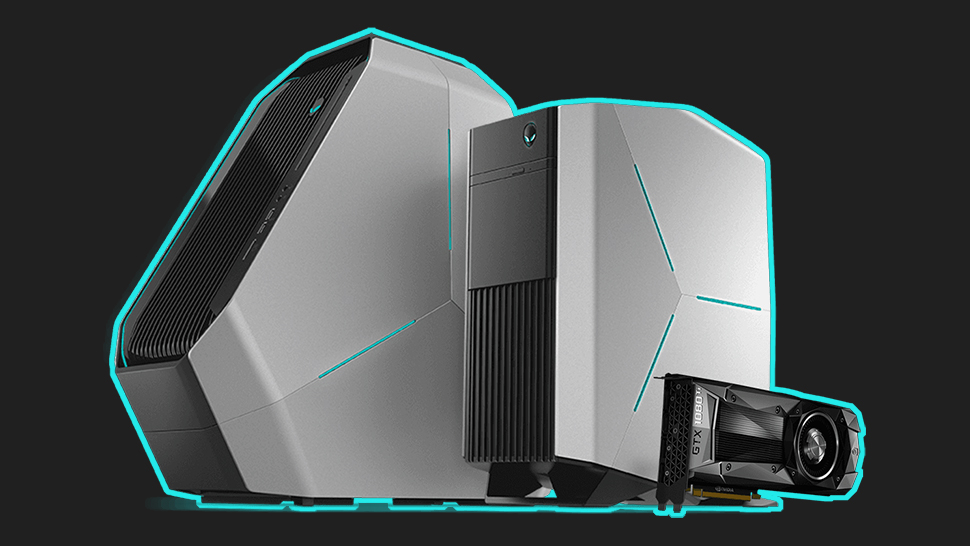

If you want the very best in shaded pixels and frame rates for your games then when do you turn? Sony has its PlayStation 4 Pro, Microsoft has its Xbox One X arriving in November... can the traditional PC gaming rig keep up when it comes to 4K gaming?
Here we'll explain what the best consoles of this generation can give you and how a top-end PC gaming rig still beats them - for a price. If you're thinking about investing in a new system, we'll give you some advice about where your cash should be going as well.
What's 4K gaming?

Like anything with added 4K - from televisions to smartphones - 4K refers to a resolution of 3,840 x 2,160 pixels, giving you 8,294,400 pixels in total. If you're running a system where the game is pushing out those 8 million pixels and your display can show them, then congratulations: you've joined the 4K revolution.
4K is now increasingly becoming the standard in terms of TVs and video content, but we're not at that stage yet with games. Only the very latest and most expensive consoles (and PC gaming rigs) can output in 4K, and for a lot of gamers it's just not worth it yet - just like it wasn't worth it on a TV a few years ago.
Remember that frame rate and image quality are very important in games, and with a lot of processing going on behind the scenes, pushing out 8,294,400 pixels multiple times every second takes an awful lot of work.
If some gamers seem on the fence about 4K, or at least whether 4K is worth the cost, that's why. For example, Microsoft recently announced that the blocky world-building game Minecraft would be getting a 4K upgrade and some extra visual polish, but many fans have bemoaned the loss of the game's original rough-and-ready look.
4K gaming consoles
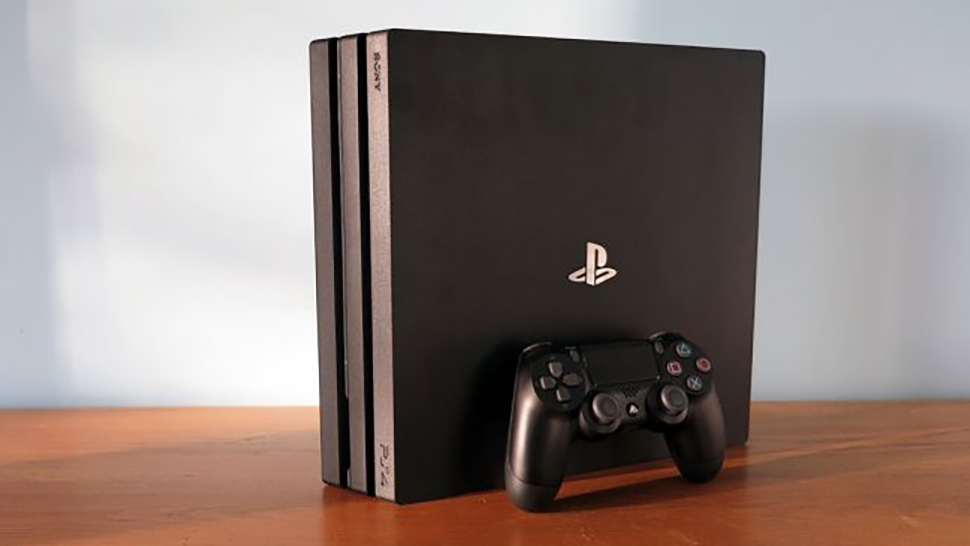
If you've got half an eye on the video games scene then you'll have noticed a growing level of hype around 4K gaming, with the latest consoles from Sony and Microsoft upgraded to reach the resolution standard - although it's more complicated than you might think.
Sign up to the T3 newsletter for smarter living straight to your inbox
Get all the latest news, reviews, deals and buying guides on gorgeous tech, home and active products from the T3 experts
The Xbox One S can output games at a 4K resolution, but it's not actually running them at a 4K resolution (keep up at the back). The box uses some clever upscaling technology to make standard games look like 4K ones, much in the same way as your 4K TV might use upscaling to make sure a DVD looks as good as possible on a huge screen.
As for the newly unveiled Xbox One X, that really is a true 4K machine - games can actually run at that resolution, and appear at that resolution (assuming you've got a 4K display of course). However, a lot depends on the developer, and the game needs to be coded to take advantage of 4K; otherwise, you're seeing the same upscaling trickery as the Xbox One S uses.
On the Sony side of the fence, it's a similar story with the PlayStation 4 Pro. It can technically run and output games at a 4K resolution, but it depends if developers think the effort is worth it, and many would rather use the console's additional power to produce more frames or smoother graphics rather than extra pixels.
If you want true 4K gaming on a console, you need an Xbox One X or a PS4 Pro - and a game that's been written to churn out 8 million pixels in every frame. Otherwise, you're getting a fudged version of 4K (which admittedly will still look great in a lot of cases).
4K gaming PCs
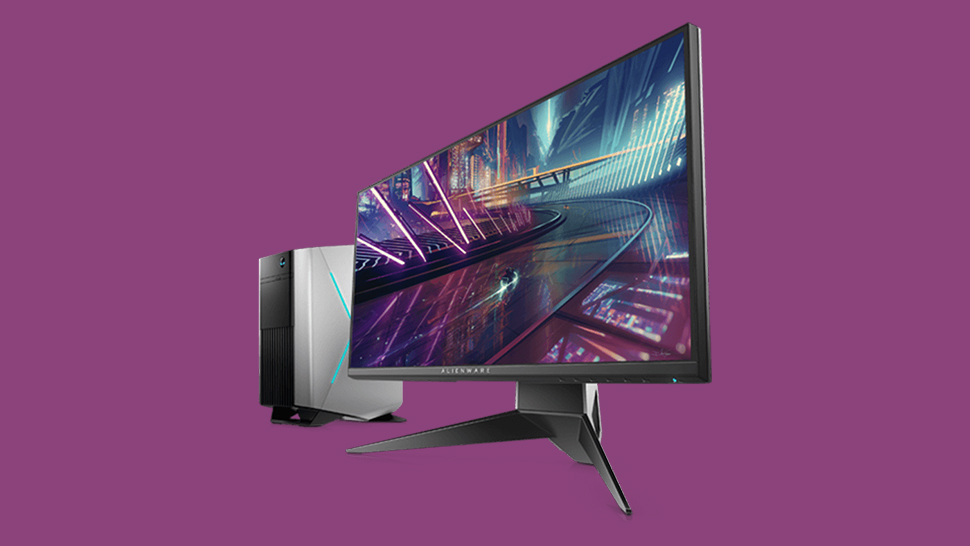
PC gaming rigs have the flexibility that you just don't get with a console, although admittedly nothing beats a console for plug-and-play convenience. You're also going to have to pay more in return for genuine 4K gaming on a PC - though don't forget you also end up with a machine that does a lot more than just play games.
Just like consoles, 4K gaming PCs need 4K monitors to really show off all those pixels, so that's something else to factor in.
So why would anyone choose a 4K PC gaming rig over the latest Xbox or PlayStation? One reason is that a broader range of games can be ramped up to 4K with the right hardware. What's more, you know you're getting 4K because you're setting the resolution (and other graphics options) yourself - you're not beholden to the quality settings the developers decided on when they shipped the game.
If you have enough money in your budget and you want the very best in 4K gaming, PCs give you the most power and the broadest choice: that might change with the next generation of consoles, but that's the way it stands right now, so make your purchasing choices accordingly.
Building a 4K PC system

If you're building a 4K gaming rig from scratch then you're probably going to have to spend above £1,000 on components, though you may just be able to sneak under that. Of course you'll pay less if you already have a suitably speedy PC that can be upgraded with a new graphics card.
For example, the AMD Radeon RX 580 graphics card, which has the same graphics performance as the Xbox One X (around 6 teraflops), will set you back in the region of £300 on its own. The Nvidia GeForce 1080 Ti meanwhile, offering a whopping 11.3 teraflops of graphics processing power, costs about £700.
As with any kind of PC build, you've got an almost infinite number of choices when it comes to picking components, and again this is a lot different to consoles - you might get to choose between a 500GB or 1TB hard drive when you buy a system from Sony or Microsoft, for instance, but that's about it.
Putting together your own PC has other benefits as well. You can configure it so that future upgrades are cheaper and easier, enabling you to keep pace with the next generation of consoles, and if you've got enough in the way of funds you can add a full-fat VR headset like the HTC Vive or the Oculus Rift.
- Need a gaming monitor? We've got the best options for you right here
Dave has over 20 years' experience in the tech journalism industry, covering hardware and software across mobile, computing, smart home, home entertainment, wearables, gaming and the web – you can find his writing online, in print, and even in the occasional scientific paper, across major tech titles like T3, TechRadar, Gizmodo and Wired. Outside of work, he enjoys long walks in the countryside, skiing down mountains, watching football matches (as long as his team is winning) and keeping up with the latest movies.
-
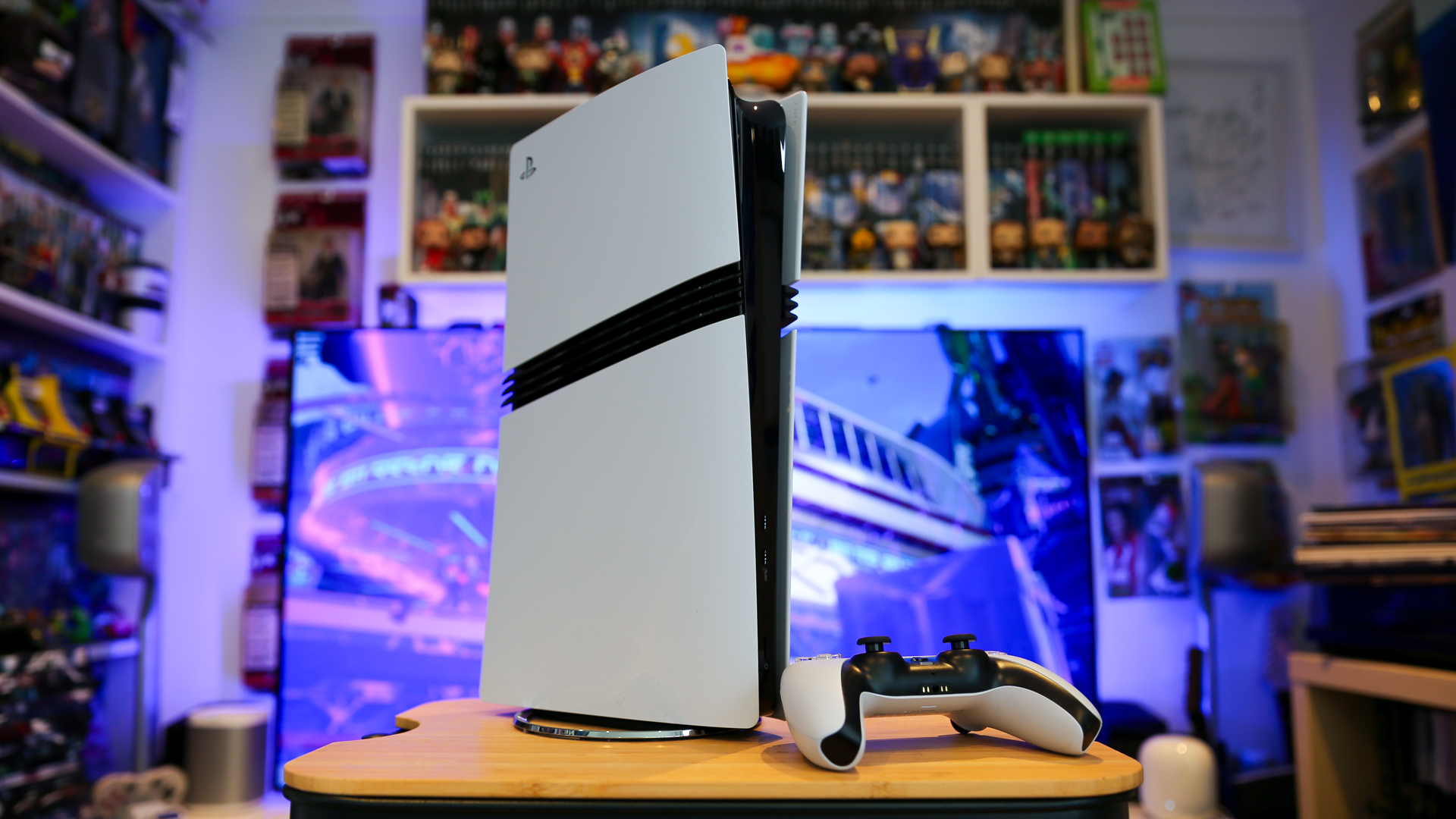
 The 5 luxury PS5 Pro accessories I can't live without – How to upgrade your PlayStation in style
The 5 luxury PS5 Pro accessories I can't live without – How to upgrade your PlayStation in styleIf you want a better experience for your PS5 Pro, you need these luxury upgrades
By Max Freeman-Mills
-
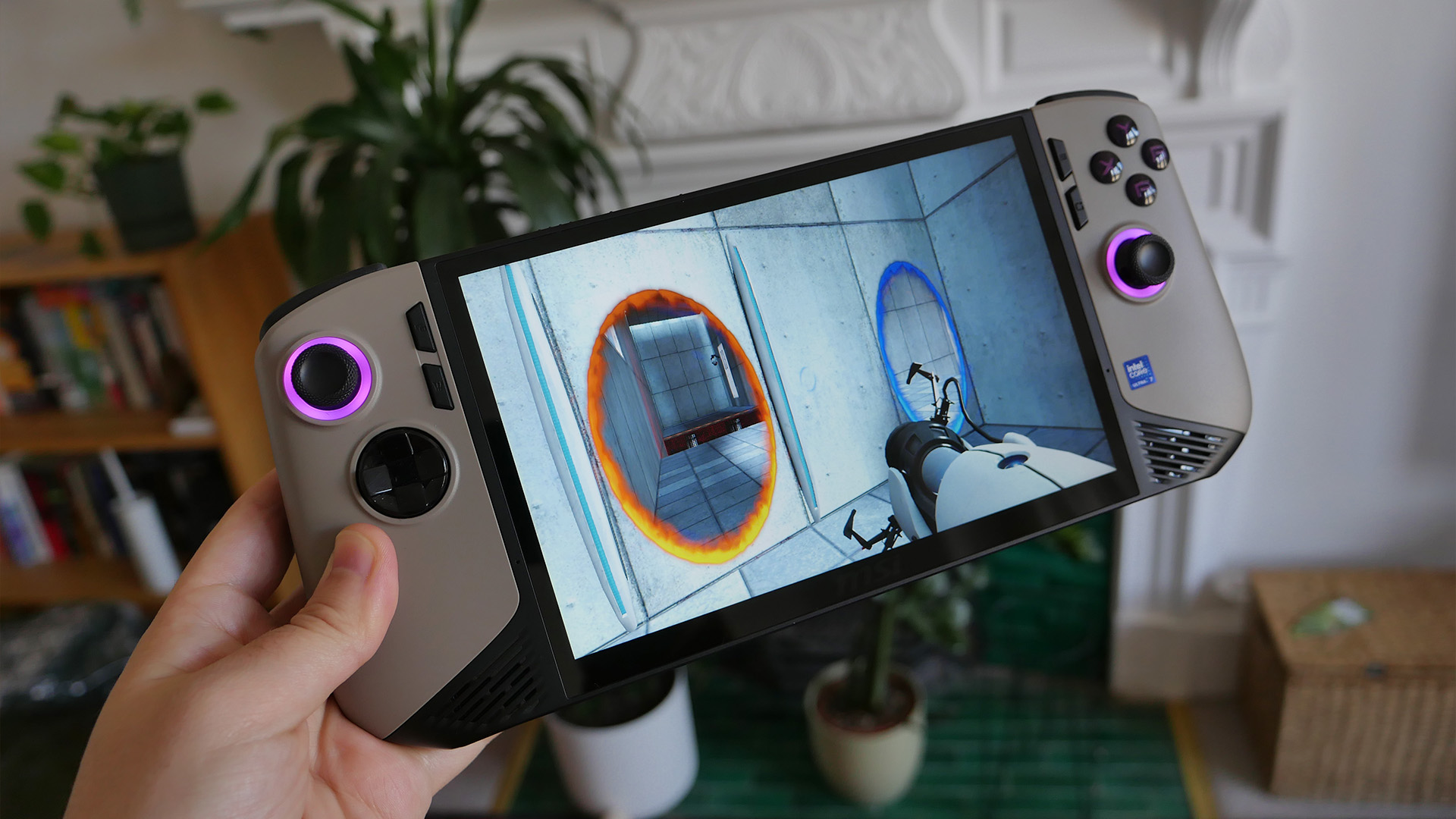 This handheld Switch 2 alternative blew me away – MSI's Claw 8 AI+ is ace
This handheld Switch 2 alternative blew me away – MSI's Claw 8 AI+ is aceThe MSI Claw 8 AI+ is an 8-inch handheld gaming PC that's hard to argue with
By Max Freeman-Mills
-
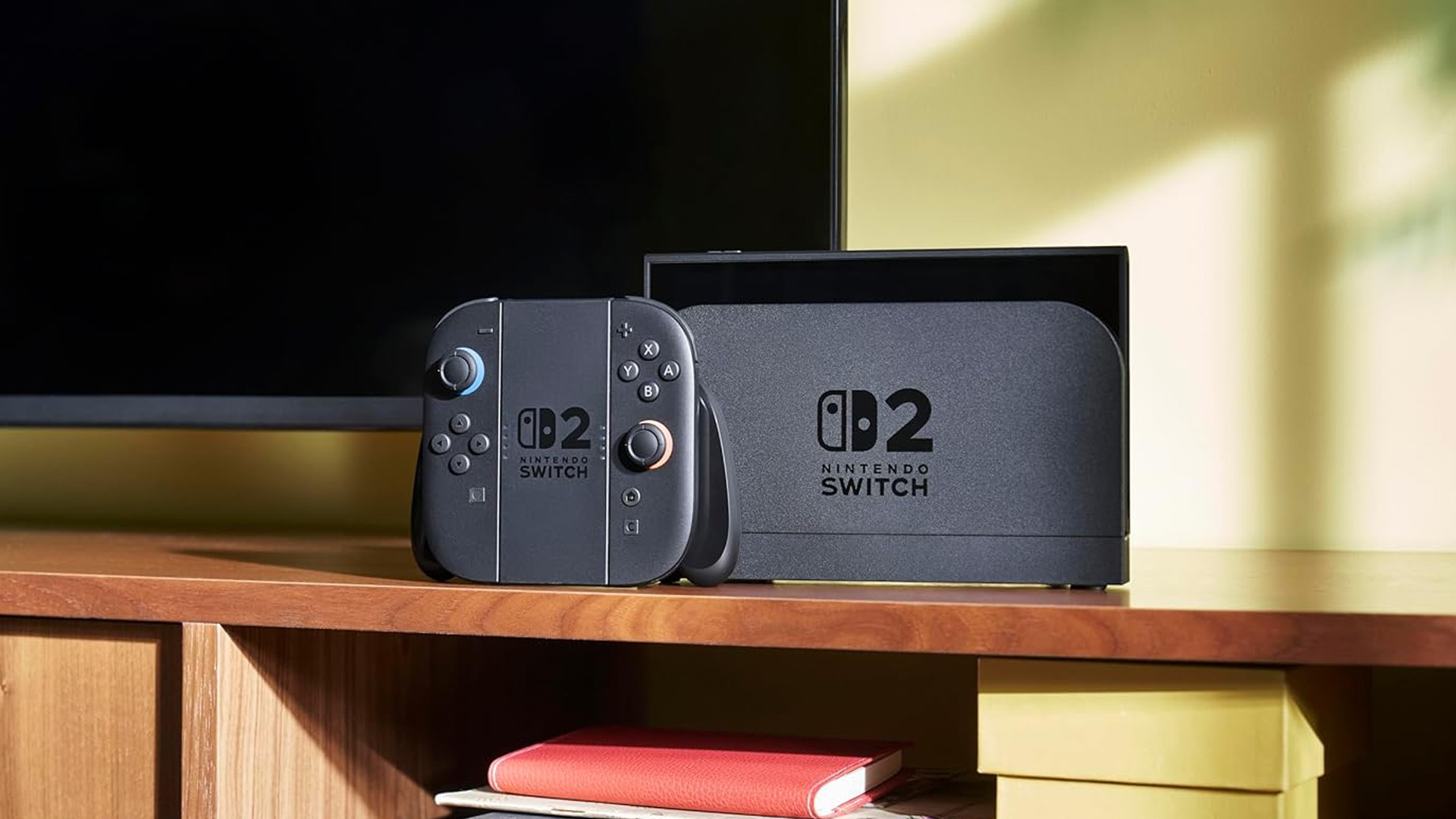 I can't wait for the Switch 2, but this feature doesn't convince me
I can't wait for the Switch 2, but this feature doesn't convince meMouse controls? I'm not sure...
By Max Freeman-Mills
-
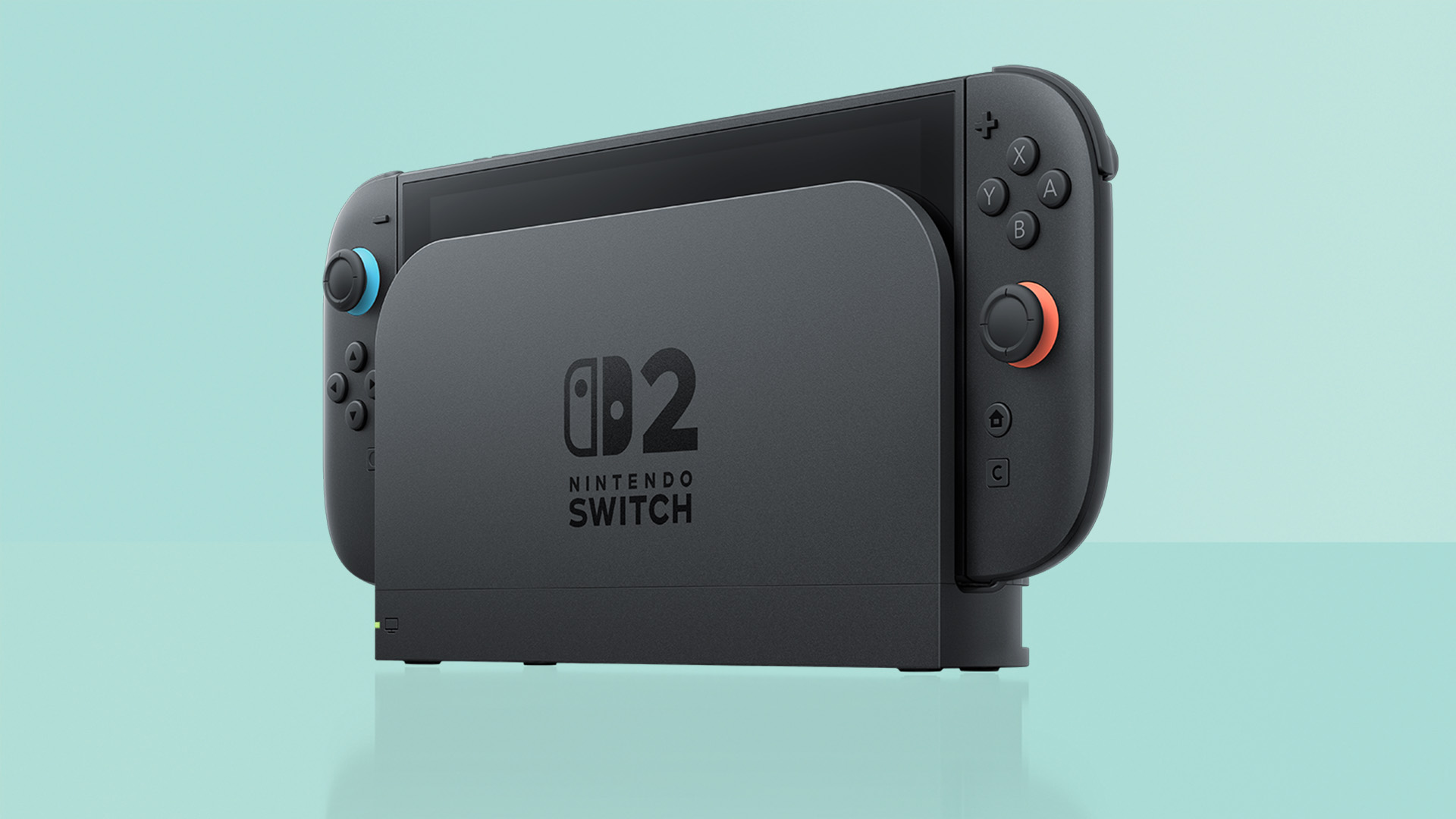 I think this was the biggest surprise upgrade in the Nintendo Switch 2's reveal
I think this was the biggest surprise upgrade in the Nintendo Switch 2's revealThat Switch 2 dock looks like a beast
By Max Freeman-Mills
-
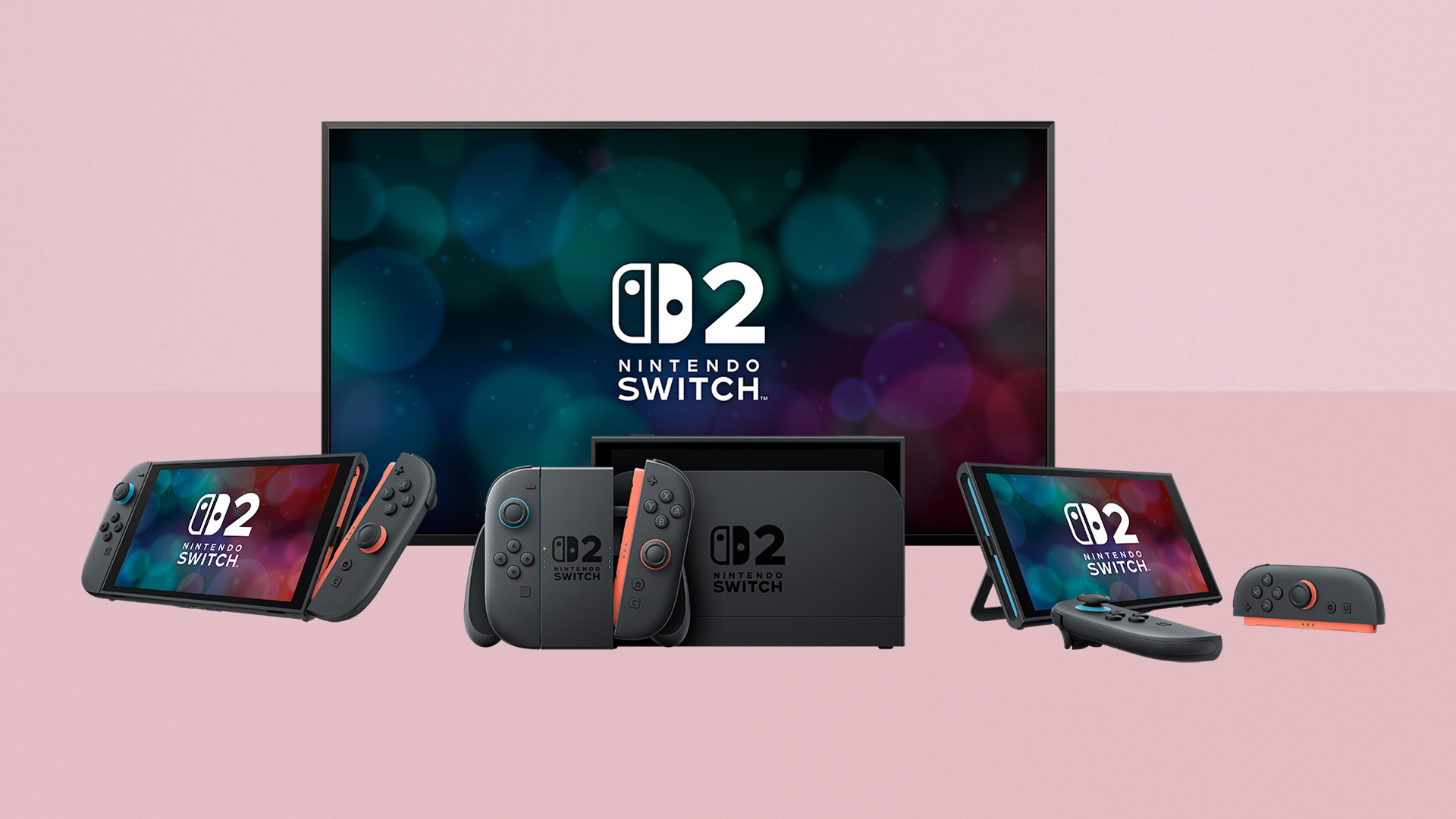 Did Nintendo just give Rockstar permission to make GTA 6 cost $100?
Did Nintendo just give Rockstar permission to make GTA 6 cost $100?Nintendo's pricing is a challenge
By Max Freeman-Mills
-
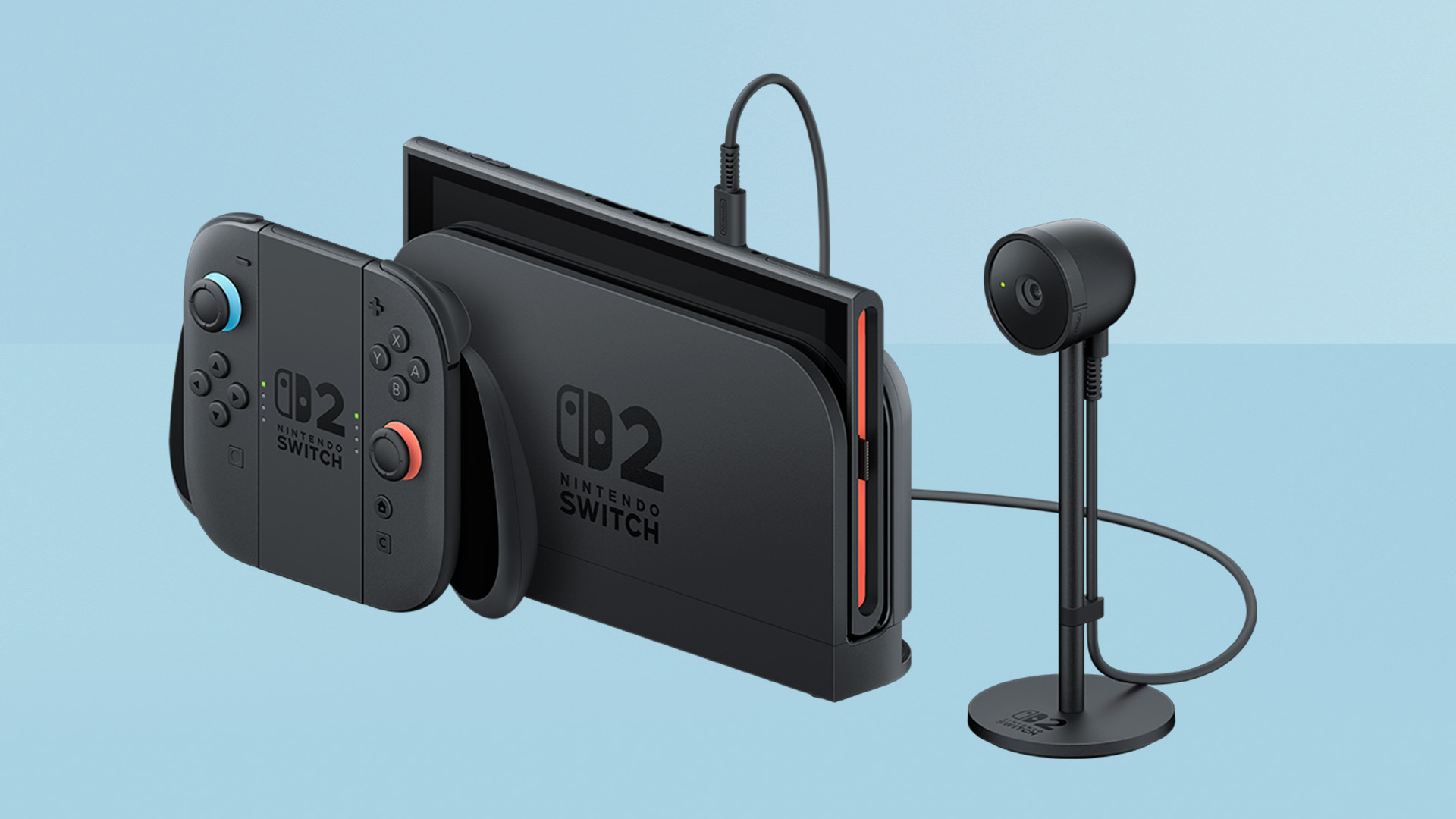 I love Nintendo for bringing back kooky gaming cameras for the Switch 2
I love Nintendo for bringing back kooky gaming cameras for the Switch 2The Nintendo Switch 2 Camera is mad
By Max Freeman-Mills
-
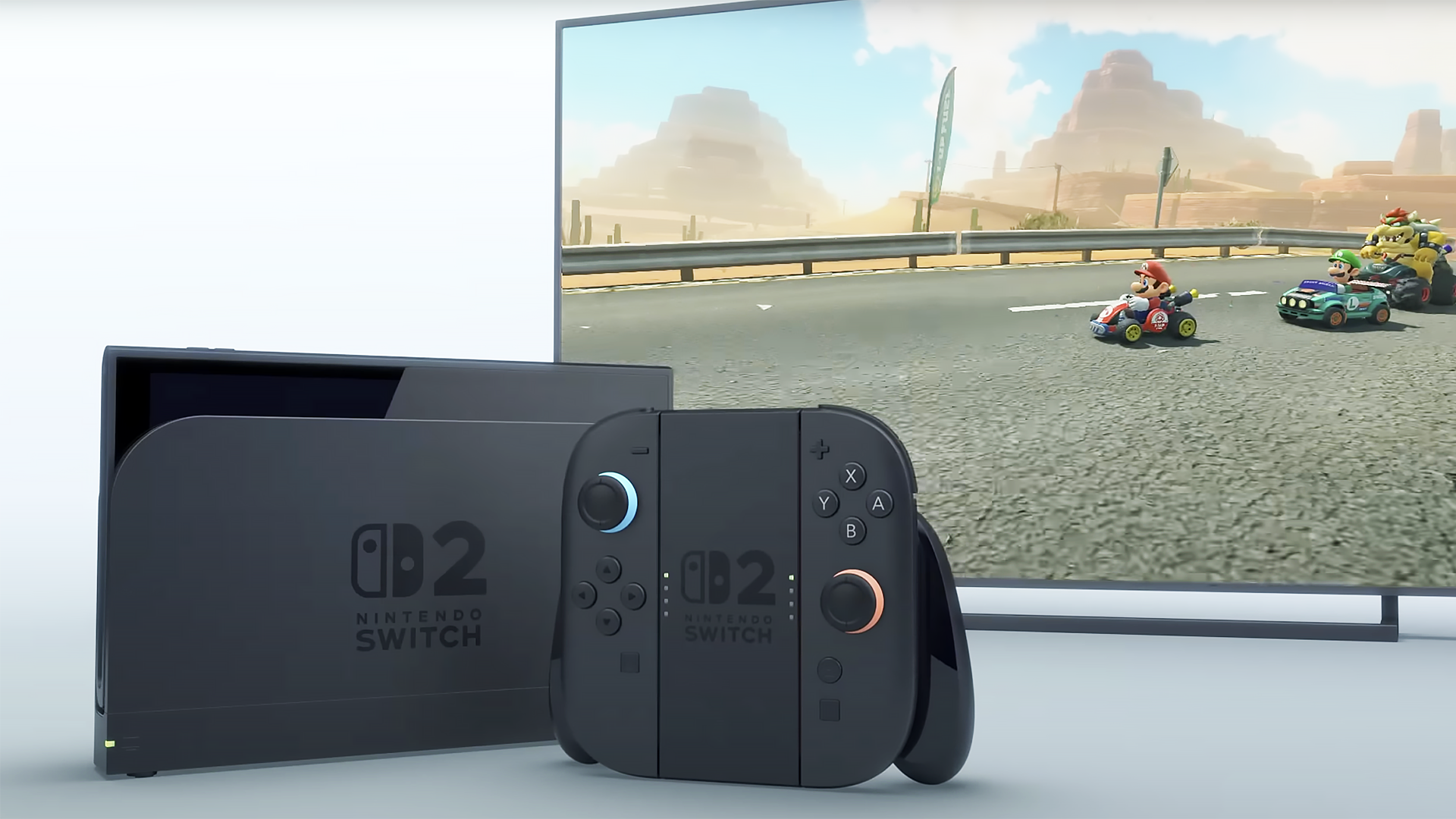 This Switch 2 news will change how I use my console completely, and I can't wait
This Switch 2 news will change how I use my console completely, and I can't waitSharing digital games is changing
By Max Freeman-Mills
-
 This PS5 Pro game proves the best part of next-gen isn't what you expected
This PS5 Pro game proves the best part of next-gen isn't what you expectedRay-traced reflections might be a mirage
By Max Freeman-Mills

